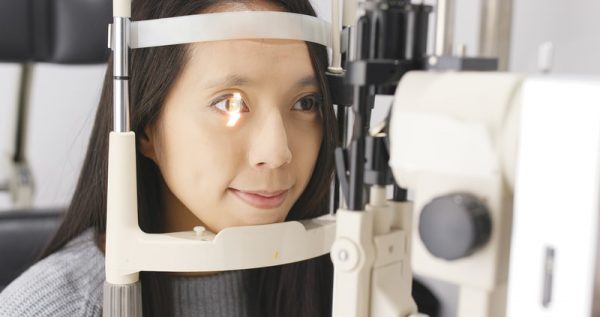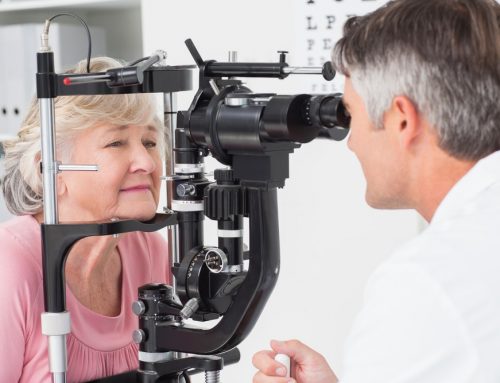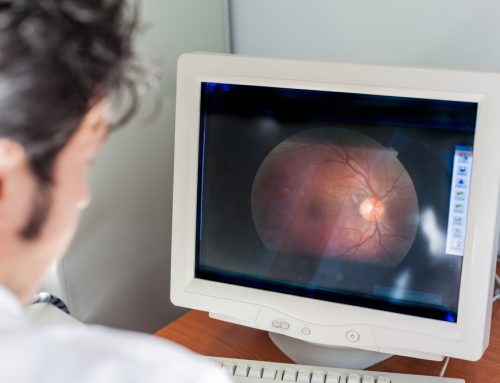 If you see occasional lightning streaks, specks or flashes of light in your field of vision, don’t be alarmed. They are quite common, especially in elderly people. Mention it to your ophthalmologist during your next eye exam. If, however, you suddenly start seeing persistent and repeated jagged lines or flashes of light, see your doctor immediately.
If you see occasional lightning streaks, specks or flashes of light in your field of vision, don’t be alarmed. They are quite common, especially in elderly people. Mention it to your ophthalmologist during your next eye exam. If, however, you suddenly start seeing persistent and repeated jagged lines or flashes of light, see your doctor immediately.
Flashes of light occur when the gel in your eye rubs or pulls on the retina. Some people say it’s akin to “seeing stars” if you’ve been hit in the eye. They can last for days, weeks or months, fade away or get worse.
Floaters – dark spots apparently floating in your eye – are more common than flashes and are normally harmless. As the vitreous gel slowly shrinks with age, it becomes stringy, casting shadows on the retina, causing floaters.
Flashes of light symptoms
The main symptom is if your vision suddenly changes or becomes cloudy, and you see flashes of light. You may also see a sudden increase in the number of floaters. This could indicate a detached or torn retina – a serious condition which can lead to blindness. The flashes of light in this case will normally appear in your peripheral vision.
Sometimes a migraine may lead to similar symptoms. Shimmers of flickering light on one side of your vision are more likely to be a symptom of migraine. That’s why it’s important to see a doctor.
Causes of flashes of light
The retina is a light-sensitive tissue in the eye vital for vision. A retinal detachment is when gel in your eye tears the retina or detaches it from the back of the eye. In this case vision becomes blurry as the retina is unable to work properly. Age is a major factor.
Other causes can be retinal tears or retinal holes, a rare neurological disorder involving the optic nerve, or ocular migraine.
Warning signs of retinal tears or detachments are:
- a sudden increase in floaters and flashes of light in the eye
- gradual blurred vision on one side
- rapid decline in central vision.
See a doctor if you have these symptoms!
If you see an increased number of flashes of light, see your doctor or ophthalmologist right way. He or she will dilate your eye using eye drops and use a special light to see if your retina is damaged.
What can be done?
If the retina has become detached it may be possible to re-attach it with surgery.
Torn retina can be treated by directing pinpoints of laser light to fuse the retina to the back of the eye. Cryopexy, the application of extreme cold, does much the same thing.
Treatment for flashes of light will depend on what is causing them. Your doctor will discuss possible treatment options, once the underlying problem is determined.
However, for occasional floaters or flashes there is no obvious treatment, and they may dwindle away with time. Some doctors may recommend eye exercises, but these usually offer only temporary relief. As you stop the exercises, the old symptoms may come back again.
The New Jersey Eye Center in Bergenfield, NJ
The New Jersey Eye Center, certified by Medicare and AAAHC, is the first walk-in eye center in New Jersey. It has carried out 50,000 eye operations since its foundation in 1978. The Center works with Medicare and all major insurances and Vision Plans.
Don’t hesitate to contact us if you have an increase in flashes of light and blurred vision.






